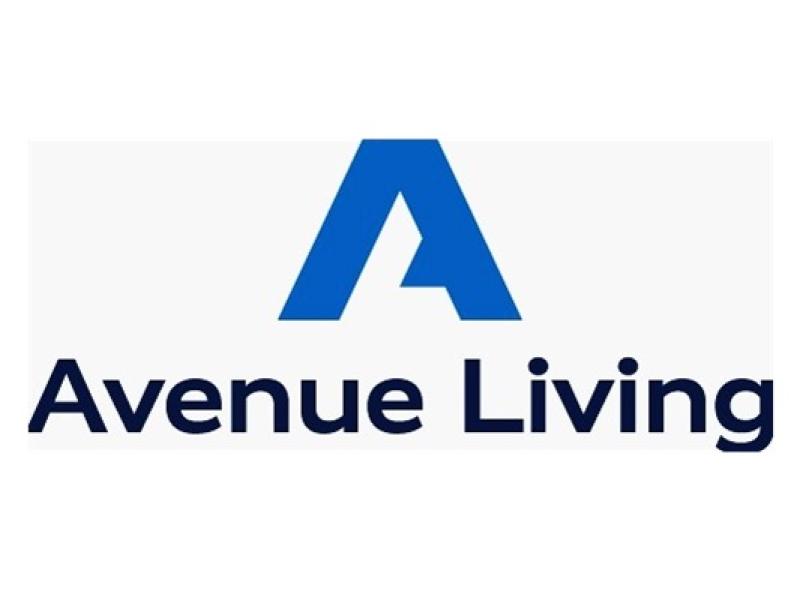
The protected Greenbelt creates an “island” effect around the Greater Toronto Area. (Courtesy Equiton)
Solid employment growth, high costs of home ownership and a preference for millennials to rent are underpinning strong demand for apartments, while record immigration levels are expected to drive demand even higher.
These factors, together with insufficient and constrained rental supply, are expected to only intensify housing challenges, especially in Canada’s gateway markets.
Due to the growing imbalance between housing demand and supply, the multi-family sector is expected to continue to see steadily increasing rents along with low vacancy rates for the foreseeable future.
Data released by the Canada Mortgage and Housing Corporation (CMHC) showed national rental rates continued to increase in 2017 with the national average rental rate growing by 2.3 per cent to an all-time high of $1,075. The national average vacancy rate dropped to 2.9 per cent in 2017, down from the 2016 average of 3.3 per cent.
Stats show apartment supply lags demand
In most markets, this level of demand/supply imbalance would be quickly corrected. However, according to CMHC, only 1.2 per cent of the total national rental supply was added in 2017.
The inability of supply to keep up with demand is not expected to materially change as supply in many markets is limited by increasing costs associated with construction, physical land constraints and policies which hinder development. Rather than rental housing being a natural off-ramp for increasing demand due to rising home ownership costs, the insufficient level of supply is further contributing to the imbalance between rental supply and demand.
This significant demand and supply dislocation for rental properties across Canada has created attractive investment opportunities in the multi-family rental space. The lower vacancy rate provides landlords with the opportunity to increase rents and improve net operating income.
Further to the demand-driven rent growth, there’s also additional pressure in other areas, such as materials and labour, which increases the cost of new construction. This provides further support for rent increases since the economic rent (the amount of rent that produces a reasonable yield on the cost of construction) will increase and new supply will be delivered only at higher rent levels.
As a result, multi-family real estate investors of existing properties can consider substantial capital investments including property improvements and renovations with the goal of producing even greater income potential.

Greg Placidi, the chief investment officer at Equiton Capital. (Courtesy Equiton)
Key reasons for the imbalance
To help better understand the supply-demand dynamic, here is a breakdown of the key reasons for the imbalance.
Demand is increasing because of:
Population growth: In 2017, Canada’s population grew by a record 518,588 (strongest among G7 countries) and the federal government plans to admit over a million new immigrants by 2020. (Source: Statistics Canada)
Housing affordability: The high costs of home ownership are forcing more people to rent. This trend is continuing to accelerate because of rising interest rates and more restrictive mortgage qualification rules.
Demographic makeup: Younger generations are renting longer, with many destined to be lifetime renters. Baby boomers are selling their homes to fund retirement. New immigrants often require a decade or more before they have the capital or credit to buy.
Lifestyle choice: The past stigma of renting is disappearing with many now making the choice to live a more flexible lifestyle free of ownership burdens.
Supply is being restricted because of:
Limited new development: Restrictive land-use policies, including greenbelt legislations, lengthening development timelines and lagging infrastructure will keep the supply of new development sites tight for the foreseeable future.
Economics: The extremely wide gap between the price to buy existing apartments and the cost to build new makes new construction unfeasible in most markets today and for the foreseeable future.
The Canadian island you’ve never heard about
Since 2005, the demand for housing in the Greater Toronto Area has been rapidly outpacing supply. This is primarily a result of the limited amount of developable land due to what’s known as the ‘island’ effect.
The island, as the image accompanying this article suggests, is the GTA. It is encompassed by a designated Greenbelt of protected land which cannot be developed. The Greenbelt limits the developable boundary around the GTA to the north, east and west, while Lake Ontario prevents southward expansion.
This limitation of land supply for new builds is coupled with a growing population. The more-than-200,000 new Canadians who migrate to the GTA annually are putting upward pressure on demand in the apartment rental market.
Affordability of home ownership within the GTA and surrounding areas continues to be a challenge for many prospective home buyers. This is also putting upward pressure on demand for more affordable housing options, such as apartment rentals.
Since housing is a product of necessity, the demand for apartment rentals continues to grow and is significantly outstripping supply. This imbalance of demand and supply is expected to continue due to the continued challenges of adding new supply with limited developable land.
With the current market being well-positioned for investors to capitalize on this demand and supply imbalance for rentals, there is no better time to invest in private equity investments focused on the apartment multi-residential sector in Ontario.
Equiton is a private equity firm specializing in providing private market real estate investments to Canadians. It is led by a senior team of industry veterans who have more than 100 years of combined real estate, investing and management experience. Collectively they have overseen the acquisition and management of over $10 billion in real estate, developed over 100 million square feet of real estate projects and overseen a combined portfolio of more than 10,000 apartments in Canada and the U.S.







